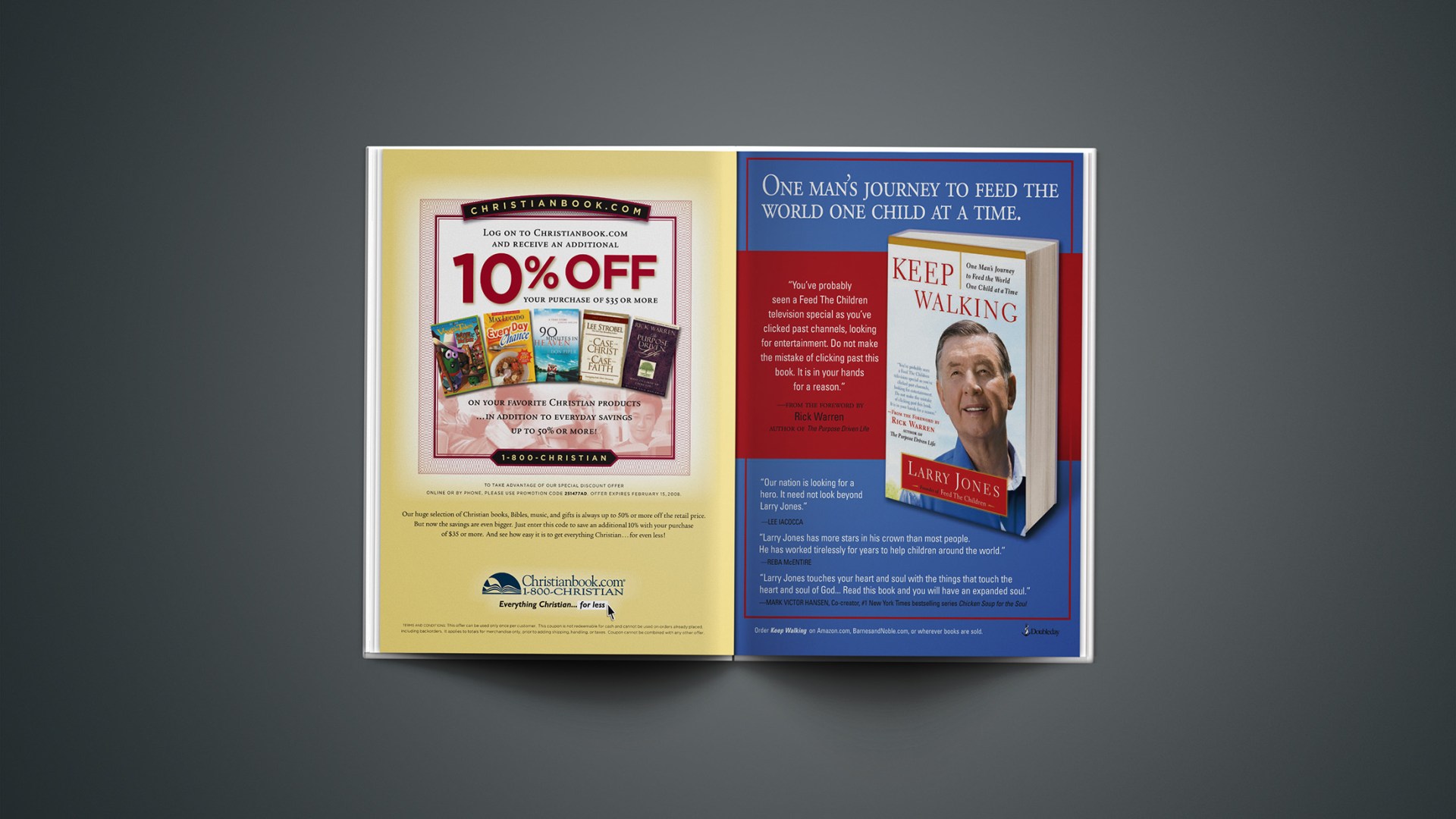That the “hookup”—a random sexual encounter often fueled by drunkenness—is the dominant way of relating to the opposite sex on many college campuses is no longer news. Neither is the announcement that the hookup culture has negative repercussions for its participants. Its pervasiveness has gotten the attention of sociologists, feminists, parents, and even novelist Tom Wolfe.
What may be a promising twist to the story of the American university’s fall from grace was covered in a recent New York Times Magazine article, “Students of Virginity.” There’s a growing number of brave students banding together to both resist the hookup culture and to promote sexual abstinence before marriage—and not mainly for religious reasons.
Virginity clubs like Harvard’s True Love Revolution (TLR) and Princeton’s Anscombe Society instead ground their arguments in philosophical ethics and scientific studies that show the harmful consequences of recreational sex. The list of things undesirable and therefore avoided is long: diseases, unplanned pregnancies, rape, feelings of regret and alienation, and in some cases, higher divorce rates and maternal poverty. Overall, argues TLR, casual sex leads to “personal unhappiness and social harm,” while premarital abstinence ensures better health, better relationships, and “better sex in your future marriage.”
A growing number of brave students resist the hookup culture—and not mainly for religious reasons.
The rise of the rebel virgins signals a move in the right direction for students’ identity, and Christians should acknowledge this move as a sign of common grace. We see in their work how rational argument (guided by the voice of conscience) can help a sexually confused culture recognize that sex is much more than skin on skin. It can damage body and mind when done cavalierly. And it threatens to unravel human dignity and right relationships when thought of as means to satisfy the libido or ego.
Where a Christian sexual ethic can pick up where philosophy and statistics leave off is in articulating reasons for premarital abstinence beyond “it works.” And for this, it will likely be seen as antiquated and strange. The idea of doing something (or not doing something you want to do) for reasons other than individual gain or loss defies the my-happiness-first logic that’s enshrined in the West. If going to a “pimps and ho’s” party, getting drunk, and sleeping with a stranger decreases my overall health and happiness, it makes sense to refrain. But what if having protected sex with my fiancée seems like it will increase our health and happiness? If our benefit is the measure, then refraining becomes absurd.
The church, following the picture of sexuality throughout Scripture, has consistently taught that sex belongs smack dab in the middle of marriage. “One can say that in Christianity’s vocabulary the only real sex is the sex that happens in a marriage,” Lauren Winner wrote in Real Sex. “The faux sex that goes on outside marriage is not really sex at all.” Thus, a distinctly Christian argument for premarital abstinence is ontological, not utilitarian. God keeps sex in marriage as an expression of the audacious covenant that two people make, in the context of community, to be bound together exclusively and eternally—an echo of the bond between the persons of the Trinity.
Against this backdrop, premarital abstinence is all about obeying God’s statutes on sexuality, trusting that his statutes are anything but arbitrary—they’re an expression of God’s desire to protect the integrity of the family and to see his image-bearers experience true intimacy with each other. In the end, we can trust that abstinence really does “work,” because STDs, rape, broken marriages, and souls in pain have no place in a world where everyone plays by God’s rules.
Copyright © 2008 Christianity Today. Click for reprint information.
Related Elsewhere:
Other editorials and articles on sexuality and gender are collected on our site.










